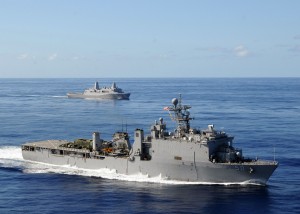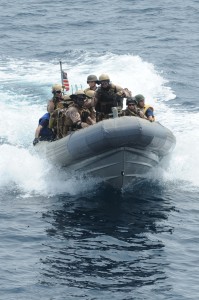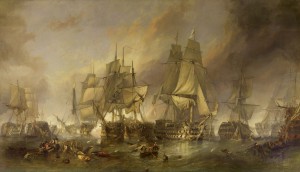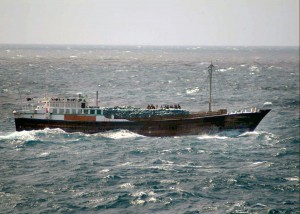Henri Fouché, University of South Africa (UNISA)
 In 2014 the South African Journal Acta Criminologica (Southern African Journal of Criminology) published a special edition on African perspectives on combating maritime crime. Most articles are based on papers presented at a conference entitled “Sea Piracy: International and Continental Responses” organised by the University of South Africa (UNISA) and which took place from 3-5 September 2013 at Muldersdrift, Gauteng province. The aim of the conference was to discuss and explore best practices for dealing with maritime piracy in terms of pro-active responses, jurisdiction and prosecution as well as new avenues for further research in the area of violent and organised crime in the maritime domain. Sixty delegates from navies, police, academia, and government departments, commercial shipping and international organisations participated in the conference. The conference took place at a time when the lessons learned from dealing with piracy off Somalia were able to be analysed, good practices extracted and recommendations formulated to deal with, not only piracy, but also possible future threats to security emanating from the African Maritime Domain.
In 2014 the South African Journal Acta Criminologica (Southern African Journal of Criminology) published a special edition on African perspectives on combating maritime crime. Most articles are based on papers presented at a conference entitled “Sea Piracy: International and Continental Responses” organised by the University of South Africa (UNISA) and which took place from 3-5 September 2013 at Muldersdrift, Gauteng province. The aim of the conference was to discuss and explore best practices for dealing with maritime piracy in terms of pro-active responses, jurisdiction and prosecution as well as new avenues for further research in the area of violent and organised crime in the maritime domain. Sixty delegates from navies, police, academia, and government departments, commercial shipping and international organisations participated in the conference. The conference took place at a time when the lessons learned from dealing with piracy off Somalia were able to be analysed, good practices extracted and recommendations formulated to deal with, not only piracy, but also possible future threats to security emanating from the African Maritime Domain.




